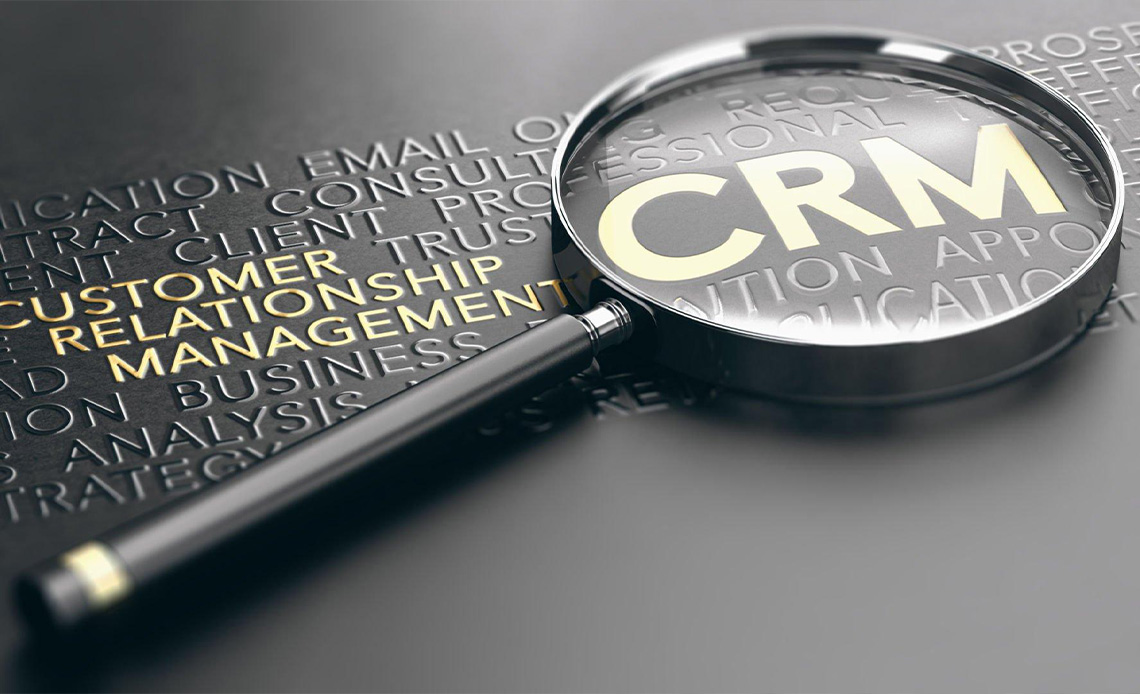Introduction:
As the financial landscape becomes increasingly complex, institutions need innovative tools to stay ahead of the competition. Customer Relationship Management (CRM) software has emerged as a powerful ally, enabling financial organizations to deepen customer relationships, boost operational efficiency, and drive sustainable growth. In this blog, we will delve deeper into the world of CRM in financials, exploring its key features and the roadmap to successfully implementing and leveraging its potential benefits.
Unifying Customer Data:
CRM serves as a centralized hub, consolidating customer data from various touchpoints, such as transaction records, social media interactions, and customer service inquiries. By unifying this data, financial institutions gain a holistic view of their customers, allowing them to understand their needs, preferences, and behaviors. This comprehensive customer profile becomes the foundation for personalized interactions, tailored financial solutions, and targeted marketing campaigns.
Strengthening Sales and Lead Management:
Effective sales and lead management are crucial for financial institutions to thrive. CRM systems provide tools to track leads, manage sales pipelines, and automate follow-up processes. By streamlining these workflows, CRM empowers sales teams to prioritize leads, identify upselling or cross-selling opportunities, and forecast revenue with greater accuracy. Additionally, CRM analytics offer insights into sales performance, enabling managers to optimize strategies, allocate resources, and drive revenue growth.
Elevating Customer Service:
Exceptional customer service is a hallmark of successful financial institutions. CRM equips customer service teams with a 360-degree view of customer interactions, ensuring that inquiries and issues are handled promptly and effectively. With CRM, support agents have access to customer histories, preferences, and previous interactions, allowing them to provide personalized, efficient, and proactive service. Additionally, CRM enables the automation of routine tasks, such as ticket management and customer follow-ups, freeing up resources to focus on high-value interactions.
Targeted Marketing Campaigns:
CRM software provides powerful marketing automation capabilities, enabling financial institutions to design and execute targeted campaigns. By leveraging customer data, CRM helps identify specific segments or personas for tailored messaging, offers, and promotions. Furthermore, CRM analytics allow marketers to measure campaign effectiveness, track customer responses, and refine strategies for maximum impact. The result is a more personalized and relevant marketing approach that engages customers and drives higher conversion rates.
Driving Compliance and Risk Management:
In the highly regulated financial industry, maintaining compliance and managing risks are critical. CRM systems offer features that support compliance efforts, such as capturing and storing regulatory data, facilitating audit trails, and automating compliance workflows. By integrating compliance into CRM processes, financial institutions can ensure adherence to regulations, mitigate risks, and protect sensitive customer information. Additionally, CRM helps generate reports and documentation for regulatory audits, streamlining the compliance process.
Continuous Improvement with Analytics:
CRM analytics provide valuable insights into customer behavior, market trends, and operational performance. By leveraging data analytics, financial institutions can identify patterns, detect emerging opportunities, and make data-driven decisions. CRM analytics help optimize customer segmentation, refine product offerings, and enhance operational efficiency. Moreover, they provide a feedback loop for continuous improvement, allowing organizations to refine their strategies and stay ahead of evolving customer needs.
Conclusion:
CRM has become an indispensable tool for financial institutions seeking sustainable growth and success. By unifying customer data, streamlining sales and marketing processes, elevating customer service, driving compliance, and leveraging analytics, CRM helps organizations unlock new avenues of profitability and customer satisfaction. Embracing CRM as a core part of their business strategy enables financial institutions to navigate the dynamic market landscape, build lasting customer relationships, and pave the way for a prosperous future.




